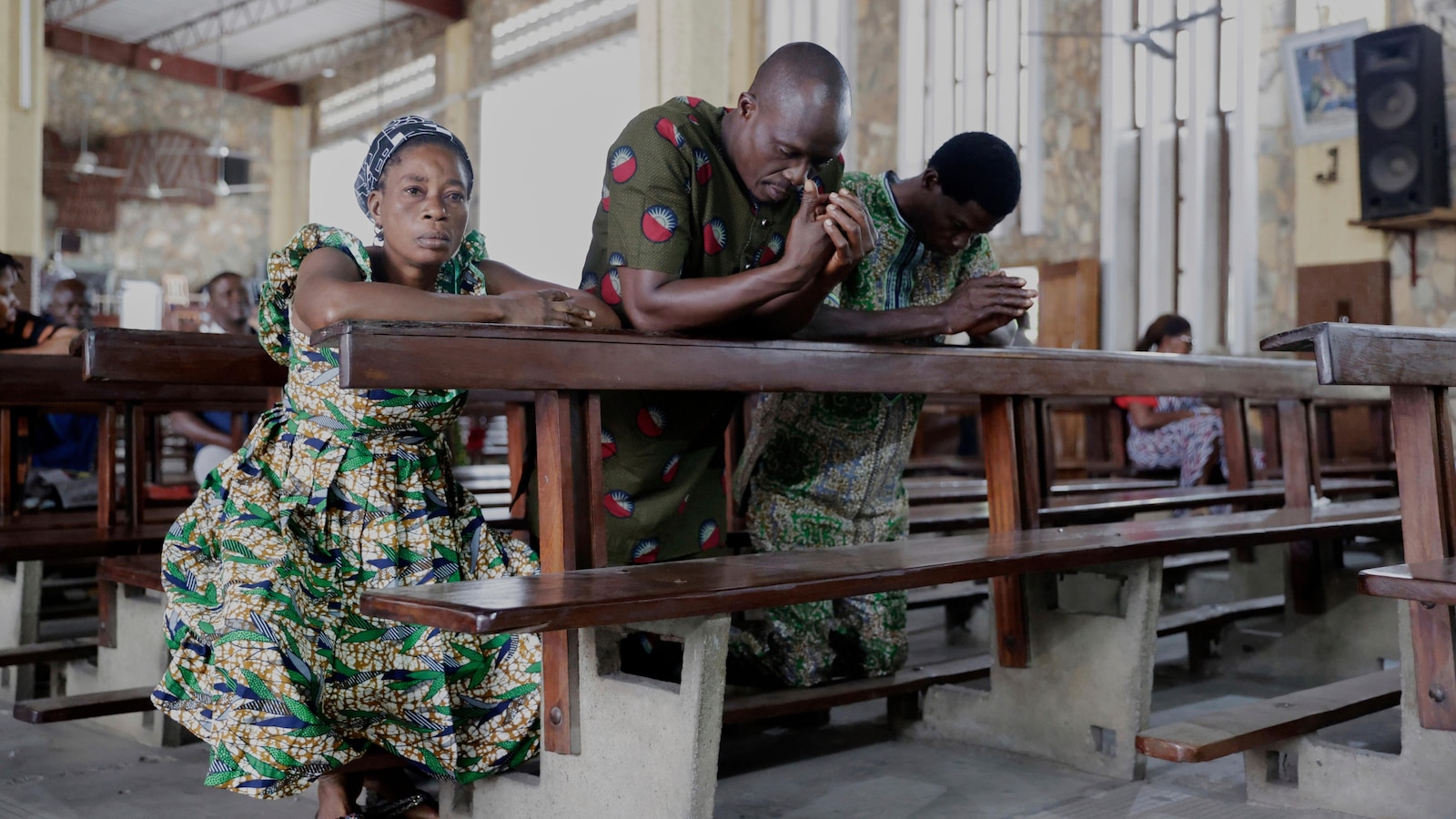ARTICLE AD BOX
Kelly Ng
BBC News
Reporting fromSingapore
Richard Kim
BBC Korean
Reporting fromSeoul
Yuna Ku
BBC Korean
Reporting fromSeoul
South Korea has repatriated six North Koreans who accidentally drifted into South Korean waters earlier this year. All six had consistently expressed their desire to go back, Seoul's Ministry of Unification said.
Two of the North Koreans had veered into southern waters in March and stayed on for four months - the longest period recorded for non-defectors.
The other four are sailors who drifted across a disputed maritime border between the North and the South in May.
This is the first such return under the presidency of South Korea's Lee Jae-myung, who had campaigned on improving inter-Korea ties. The two countries unsuccessfully tried to coordinate the return for months.
There have been several previous cases of North Koreans sailing unintentionally into the South. They often use small, wooden boats that cannot be easily steered back onto their course once adrift.
In the past, authorities in the two countries would coordinate to send those who wished to return to the North back via their land border.
However, Pyongyang had cut off all inter-Korea communication lines in April 2023 amid heightened tensions.
Eight months later, North Korean leader Kim Jong Un declared that unification with the South is no longer possible.
The only known channels of communication that remain are the US-led United Nations Command and through the news media.
Seoul's Ministry of Unification said it had tried to twice to inform the North of its intention to send these six people home via the United Nations Command, but did not receive a response.
North Korean patrol vessels and fishing boats were spotted at the handover point on Wednesday morning, leading some observers to believe the two Koreas would have agreed on a repatriation plan "behind the scenes".
"If you set a boat adrift in the vast ocean without any coordination, there's a real risk it could drift away again," says Nam Sung-wook, the former head of the Korea National Strategy Institute think tank.
Nam believes the six people will be interrogated at length when they return to the North.
"They'll be grilled on whether they received any espionage training or overheard anything sensitive. [It will be] an intense process aimed at extracting every last piece of information," he tells BBC Korean.
Once the investigation is over, they may be asked to help spread propaganda. Their desire to return to the North "strengthens the legitimacy of [Kim's] regime", adds Lim Eul-chul, a professor specialising in North Korean studies in Kyungnam University.
Michael Madden, a North Korea expert from the Stimson Center in Washington, pointed out that the boats drifted south when South Korea was being led by interim presidents following former President Yoon Suk Yeol's impeachment.
"This may have delayed some decision making in both Koreas.
"Pyongyang certainly did not trust the Yoon remnants in South Korea, and both Koreas could have been open to accusations of an unlawful repatriation out of political expedience by the international community," he said.
Wednesday's repatriations have left some North Korean defectors baffled.
Activist Lee Min-bok says the six people "should have been given a chance to talk to defectors and learn more about South Korean society".
"If I'd had the chance to speak with them, I would have told them the truth [about inter-Korean history] and warned them that they could eventually face punishment from the North Korean regime, simply because they had already experienced life in the South," says Mr Lee, who used to float balloons with anti-Kim leaflets into the North.
However, his team of activists have largely stopped their activities as they expect crackdowns from South Korea's new, pro-engagement administration.
Seoul's National Assembly is currently debating a bill to ban such balloon launches.
Lee Jae-myung, who was elected South Korea's president in June, has pledged to restart dialogue with Pyongyang and to reduce tensions between the two countries.
A week after he took office, South Korea's military suspended its loudspeaker propaganda broadcasts across the border to North Korea - in what it described as a move to "restore trust in inter-Korean relations and achieve peace on the Korean Peninsula".
Some analysts, however, do not expect a major improvement of ties between the Koreas.
North Korea has "built up solid cooperation" with Russia, and now has "little need" to engage the South, says Celeste Arrington, director of The George Washington University Institute for Korean Studies.
Public opinion in the South also suggests little appetite for engaging with the North, she says.
"Thus, there are few signals, if any, of reestablishing lines of communication between the North and the South, let alone meaningful warming of relations."

 5 hours ago
11
5 hours ago
11








 English (US) ·
English (US) ·